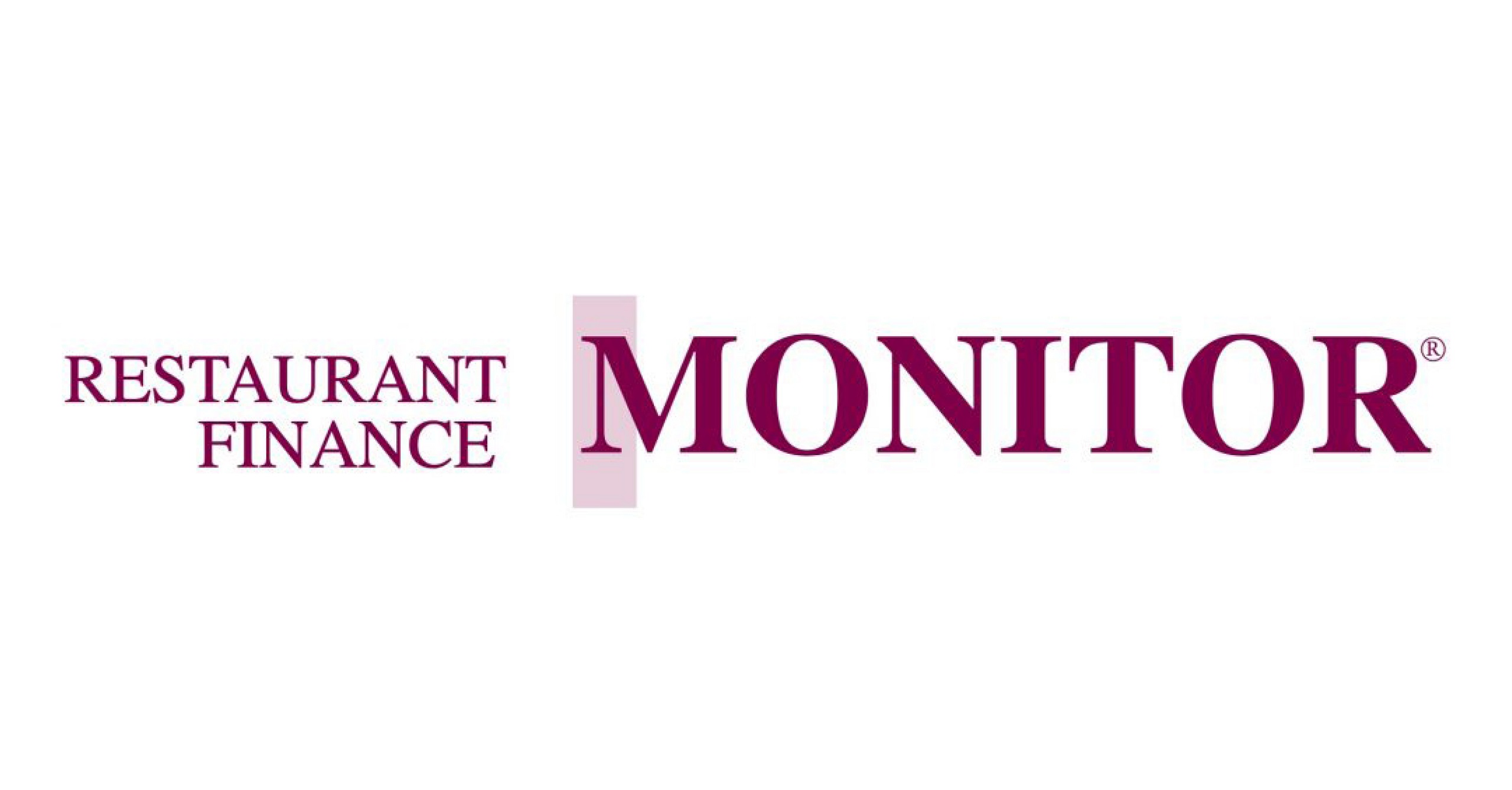Funding new concepts is an important process in order to maintain a vibrant restaurant sector. But it’s a laborious and an often disappointing process, especially if you’ve never done it before and don’t have a successful track record. Here are some ideas on how you can effectively fund an early-stage restaurant company:
1. Put together a viable business plan. Not something that just describes the concept with proforma analysis, but a plan for success. It must provide for strong unit economics, sales that are at least three times your investment, and flexibility to use readily available sites, especially existing restaurant sites so you can save the cost of infrastructure. In addition, the all-in occupancy cost should be of 8% or less of sales. Overall unit-level profitability with normal general administrative expenses should be in the 15% to 20% range of sales. Other important factors are flexible labor-saving metrics, along with flexibility in food costs that can adapt to rising costs. All of these items go into the stores’ unit economics, and serve as the foundation for the business plan.
2. Ensure the intellectual property is able to be protected. The more Intellectual Property (IP) you have, the more valuable the company and the easier to secure early stage funding. Having the right legal structure is also important. We usually recommend a Delaware LLC for flexibility, and because investors and their lawyers understand Delaware law. The LLC provides a starting point for a legal structure.
3. How much money do you have to contribute? Once you’ve gone through this process of building a viable business plan, protecting your IP and forming the initial legal structure, we look at the composition of the kind of financing that is appropriate. The starting point is to access how much money, you, as the founder and owner, can contribute to the business. I wrote an article a number of years ago called “Beg, Borrow, Steal,” in which I advised doing whatever you have to do to get your first couple of units open, because you probably aren’t in a position to attract outside investors.
4. Find bank financing. The key is to find a banker who is receptive to financing restaurants. How do you do this? Ask other restaurant owners about their bankers, as well as your lawyers and accountants for their recommendations. Do an internet search to identify the banks that advertise to restaurant, hospitality or retail businesses. I like to work with smaller banks that have bankers who have the desire to deal directly with the borrower, and also have SBA resources. The banks will normally let you know up front how much debt your business can support, so you are not over-leveraged. Banks also look at combining SBA loans with conventional business loans, such as a line of credit.
5. As you decide to grow, you’re going to need outside equity. There are a couple of sources to look at. Remember that restaurants are cash-flow businesses. Be prepared to answer the investor’s query, “What’s my exit?” In most cases, you pay back the investors out of the cash flow. Investors are looking for a significant return as these are risky investments, typically 20%, so take that into account.
6. Look for creative sources, such as crowd funding or partnering with other restaurateurs who may want to invest in your business, but don’t want to be active. A third option is the use of convertible debt or what we call “safe investment,” where the investor’s loan converts to equity upon a significant raise of funds or if the restaurant is performing well. It’s more common to have the investor invest in a preferred class of ownership, which means they get their money back first. They usually get most of the cash distributions until they have had a return of their investment. That being said, it’s also important you, as the owner, retain enough cash flow, including a management fee, to provide an incentive, along with a significant upside, to make it worth your while to grow the company.
7. Structure and future funding are key, so talk to a lawyer and accountant who understand growth capital. The next funds may be a private equity group and you will have to be able to have buy-in or have your existing investors convert to common interest. Or, you may have to buy them out in order to effectively raise money to grow your concept to a point where it can be sold, taken public or even franchised.
In summary, early stage concepts are always a challenge. Your business plan needs to check all the key qualities of a successful restaurant concept. You need to get enough stores open to show proof of concept. And, you need to layer in the use of debt and to be thoughtful with the help of your advisers in the use of outside equity. If it was easy, it wouldn’t be the restaurant business.
From the September 2023 issue of Restaurant Finance Monitor
Author
-

Co-founder and chairman of Monroe Moxness Berg PA, Dennis is a pioneer in corporate financing with a broad network of finance contacts and clients. He assists businesses, from emerging companies to multinational firms, by providing creative ideas, identifying unique financing sources, and developing the financial tools necessary for their growth and development.
